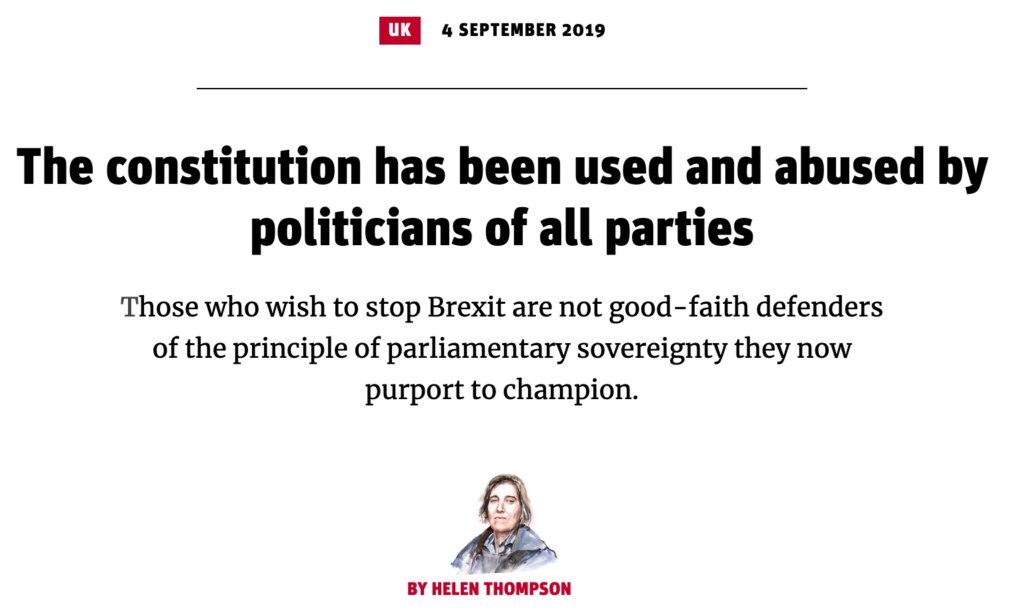Since the UK Supreme Court has started its deliberations on the government’s dubious procedural antics, it might be worth considering what Article 50 of the Lisbon Treaty says. Here it is, in all its succinct glory:
Any Member State may decide to withdraw from the Union in accordance with its own constitutional requirements.
A Member State which decides to withdraw shall notify the European Council of its intention. In the light of the guidelines provided by the European Council, the Union shall negotiate and conclude an agreement with that State, setting out the arrangements for its withdrawal, taking account of the framework for its future relationship with the Union. That agreement shall be negotiated in accordance with Article 218 (3) of the Treaty on the Functioning of the European Union. It shall be concluded on behalf of the Union by the Council, acting by a qualified majority, after obtaining the consent of the European Parliament.
The Treaties shall cease to apply to the State in question from the date of entry into force of the withdrawal agreement or, failing that, two years after the notification referred to in paragraph 2, unless the European Council, in agreement with the Member State concerned, unanimously decides to extend this period.
For the purposes of paragraphs 2 and 3, the member of the European Council or of the Council representing the withdrawing Member State shall not participate in the discussions of the European Council or Council or in decisions concerning it. A qualified majority shall be defined in accordance with Article 238(3)(b) of the Treaty on the Functioning of the European Union.
If a State which has withdrawn from the Union asks to rejoin, its request shall be subject to the procedure referred to in Article 49.
Note the phrases in bold type. (My emphasis.)



